
Dispatches, Peru
Ollanta Humala, “Neither Left, Nor Right” — An Interview
August 30, 2010 By Paul Alonso
But you were affected by this virus.
Absolutely, we were also affected. We’ve had some deserters, but we’ve done everything the law will permit. More than that, we can’t do. Now, we’ve become an indisoluable party. We’ve got people who have been working for years, and we’ve been gauging the situation, assessing their potential as political leaders. In other words, we now have better knowledge of the people in our party.
Why do you think they’ve stigmatized you so much?
Because we’re the only political force dedicated to transforming the country. All the rest is fujimorismo without Fujimori. None of the potential presidential candidates are committed to changing this criminal constitution, which is the source of the problem. And because of this, they call us “anti-system.” I’m not ashamed of that.
Do you think that the majority of Peruvians truly want the changes you propose? It seems as though there is something of a consensus that Peru has progressed economically, notwithstanding the country’s problems.
I think that there’s a massive bombardment from all of these private communications companies to make us think that we’re getting better. It’s like placating your hunger by telling yourself that you’re not hungry. Eventually, you believe it and you say your not hungry. But in the interior of the country, people tell me, “Comandante, where is it that they tell you the country is advancing, because here we don’t see it?” I think the majority of the country wants change.
How do you see relations between Peru and Chile shaping up in the next few years?
Bilateral relations with Chile have not been good. The last we saw was the act of espionage committed by Chile against Peru, taking advantage of a traitor. [2] The government has not acted with firmness. We’ve sent them the entire investigation file and what we received from Chile was a joke—they said they hadn’t spied. In the face of this, Peru’s response was to sign the Free Trade Agreement with Chile. This is proof that we have a pro-Chilean government.
How would you handle the situation?
We would work to win our maritime dispute with Chile in the (International) Court (of Justice) at the Hague. We would clearly establish that we’re not going to act as an obstacle to Bolivia’s claim for access to the sea. We would revitalize our armed forces—not to fight a war against anyone, but to act as a deterrent force.
You have declared your admiration for “velasquismo,” the leftist military dictatorship. What are the reasons for this admiration?
First, I believe the terms right and left are obsolete. I’m neither left nor right. If you want to place me on a geographic table, put me on the bottom. Because the discourse of nationalism represents in particular those on the bottom. And among those on the bottom, there are national businessmen, who for some would probably be right-wing, but who are nationalists. We also have social movements, the middle class, a whole spectrum of groups that within a traditional, classist way of looking at things would be incompatible.
And it’s compatible with Velasco?
We believe that Velasco’s government was nationalist. Obviously, we don’t agree with everything he did, with the methodology of Velasco. We’ve always said that we don’t want to nationalize anything. We haven’t even spoken of interfering with private companies. It’s not necessary. We’re in the twenty-first century.
In 2000, you took up arms against Alberto Fujimori. What would have to happen in Peru for you to take up arms again?
Similar circumstances would have to be repeated. It was one of the best things I’ve done in my life.
[1] The Cenepa War was a brief border conflict fought between Peru and Ecuador in the early months of 1995.
[2] The comment refers to alleged spy Víctor Ariza, a Peruvian citizen who was accused of selling classified information to the Chilean government last year.
This article is a translation of an interview originally conducted by Paul Alonso published by Terra on July 22. Spanish speakers can view the video by clicking here.
Image: Courtesy of the Partido Nacionalista Peruano.
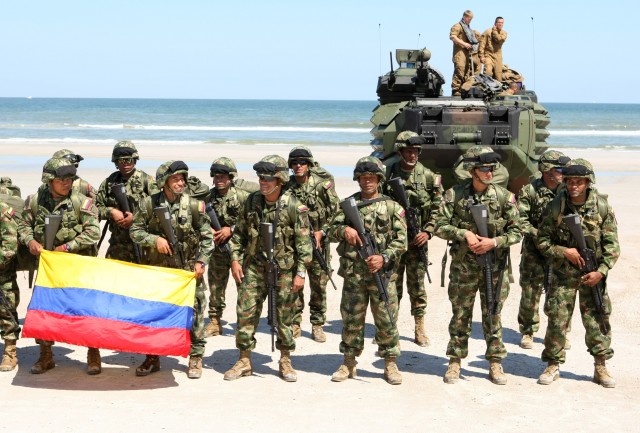
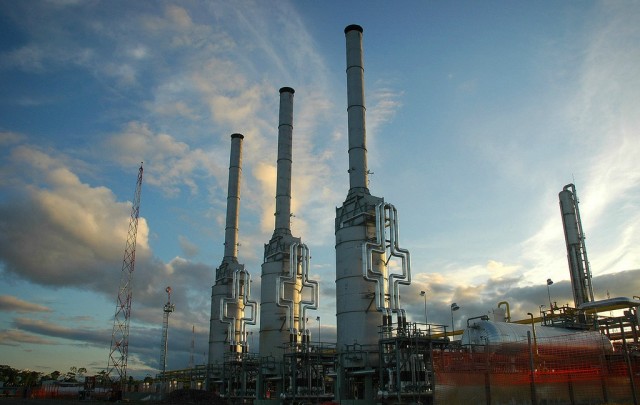
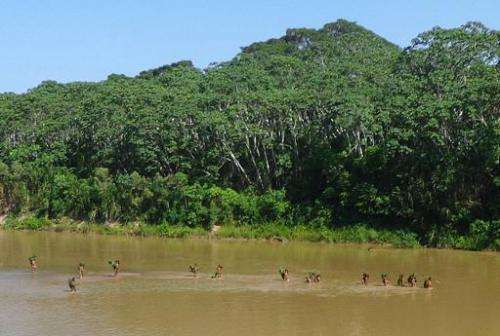
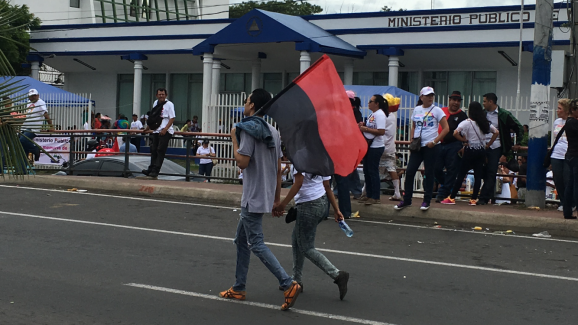

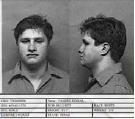
7 Comments
[…] After losing in a second-round election to Alán García in 2006, controversial Peruvian nationalist Ollanta Humala is running for the presidency again. Get to know him in this interview with Paul Alonso. […]
[…] the Latin America News Dispatch presents an interview with Ollanta Humala, the most likely presidential candidate for the Peruvian Nationalist Party. (Let’s remember that […]
[…] poll puts Humala in second place, with 18.5 percent. A self-described nationalist, Humala eschews the political categories of “right” and “left,” though most observers view him as a […]
[…] Story — Leftwing nationalist Ollanta Humala held a very narrow lead as of late Sunday night over conservative Keiko Fujimori in Peru’s […]
[…] choosing Brazil as his first trip abroad as president-elect, Humala seems to be siding closer with the moderate leftist governments of the region and shying even more away from supporting more radical left-wing leaders like […]
[…] To learn more about Humala, follow this link to read the Latin America News Dispatch’s interview with him. […]
[…] been a transfer of votes precisely between nationalist candidate Ollanta Humala and you. Many people who voted for him five years ago now say they will vote for you. How are you […]
Comments are closed.